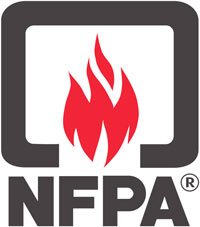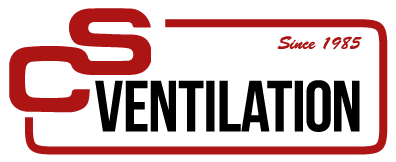Restaurant fires are a serious and much too common problem. Cooking accounted for almost 30% of all nonresidential fires in 2012. To combat the issue, the National Fire Protection Association created the NFPA 96 to reduce the potential for fire in commercial cooking operations. The NFPA 96 outlines preventive and operative requirements to reduce the risk of fire in commercial cooking environments.
The material in the NFPA 96 covers all aspects of the commercial cooking process. It first addresses kitchen design and installation of various appliances generally required to operate a commercial restaurant. All cooking appliances need to have an exhaust hood placed above them to prevent the air in the kitchen from becoming saturated with grease and more easily combustible. Next the NFPA 96 goes over the best practices while operating a commercial kitchen. It is important to have your kitchen ventilation system operating in tune with the amount of cooking being done at any time.

Lastly, the NFPA 96 requires that all restaurants have their exhaust hoods, ductwork and grease filters regularly inspected and cleaned. Before long grease will begin to build up in the restaurant ventilation system and cause it to work less efficiently. The grease buildup also presents a fire hazard because the grease can easily be ignited.
CS Ventilation provides the best restaurant ventilation system installation and hood cleaning service in the Boston area. We understand the importance of NFPA compliance and the benefits of having a clean restaurant. Give us a call and we can let you know what the best steps to follow the NFPA 96 for your particular restaurant will be. We offer services to help with the whole spectrum of NFPA guidelines including ventilation system installation, repair and Boston hood cleaning.
 CS Ventilation | Commercial Kitchen Hood Cleaning
CS Ventilation | Commercial Kitchen Hood Cleaning